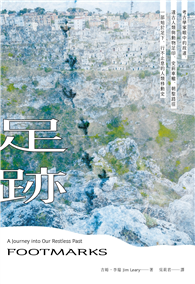Architecture, Media and Memory examines the wide range of urban sites impacted by September 11 and its aftermath - from the spontaneous memorials that emerged in Union Square in the hours after the attacks, to the reconstruction at Ground Zero, to vast ongoing landscape urbanism projects beyond.
Yet this is not simply a book about post-9/11 architecture. It instead presents 9/11 as a multifaceted case study to explore a discourse on memory and its representation in the built environment. It argues that the reconstruction of New York must be considered in relation to larger issues of urban development, ongoing global conflicts, the rise of digital media, and the culture, philosophy and aesthetics of memory. It shows how understanding architecture in New York post-9/11 requires bringing memory into contact with a complex array of political, economic and social forces.
Demonstrating an ability to explain complex philosophical ideas in language that will be accessible to students and researchers alike in architecture, urban studies, cultural studies and memory studies, this book serves as a thought-provoking account of the intertwining of contemporary architecture, media and memory.












